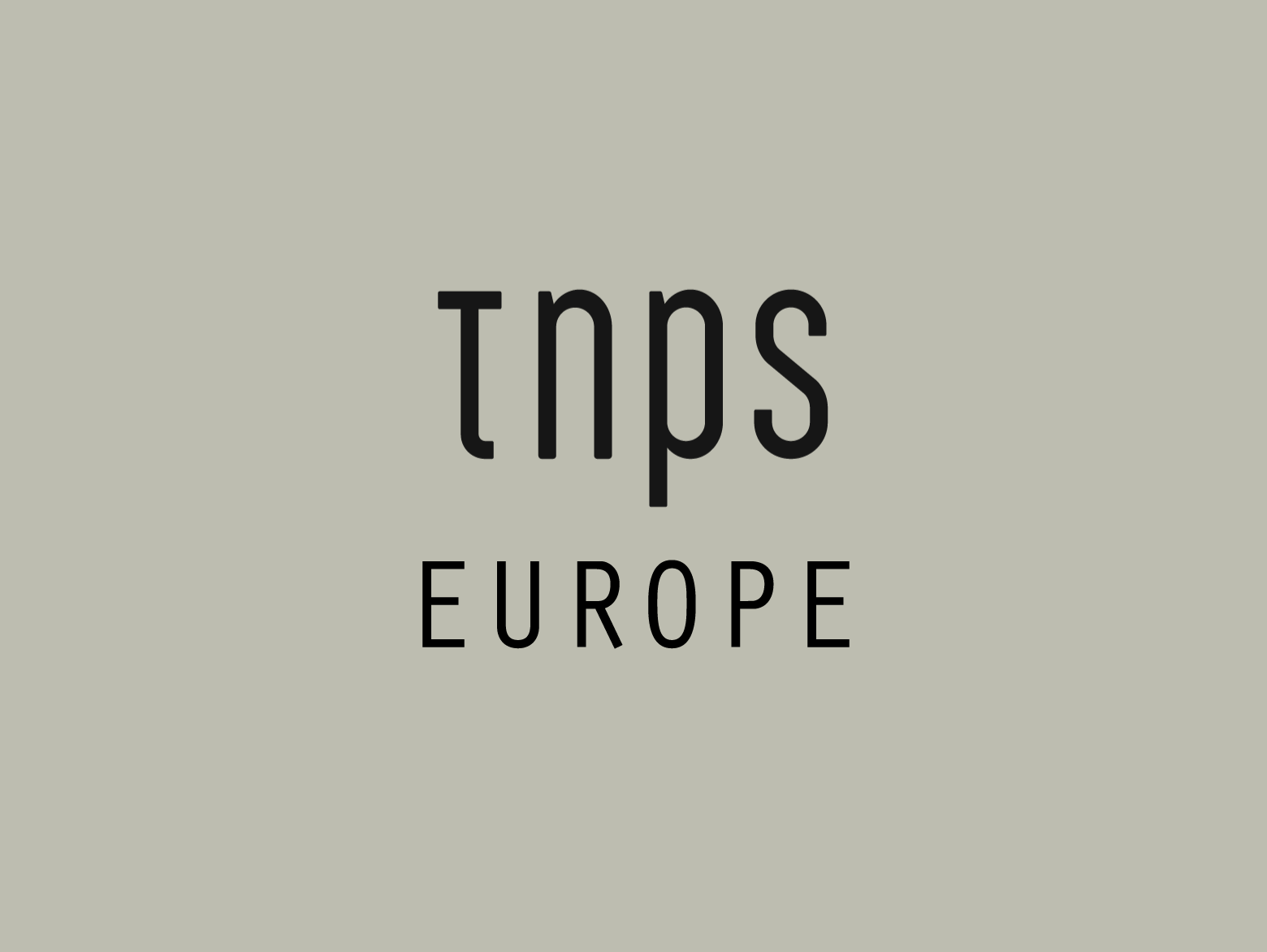Leaving the big question what, if anything, the EU Parliament can, let alone will, do to resolve the problems, given it cannot even manage to coordinate a uniform VAT rate across the union.
A European parliament press release tells us of calls to support the European book sector. But is there any substance behind the calls?
Per the press release:
Growing trends of censorship and self-censorship, unfair competition between dominant online distributors and independent bookshops, paper and ink shortage, rising costs, environmental sustainability, AI transparency, interoperability of e-books were among the issues raised.
Underlining the importance of early childhood reading, Members suggest the creation of a children’s books category in EU Prize for Literature, as well as an EU-wide ‘first book programme’, providing a first book and a library card to children.
By pointing to the steady decline in reading, CULT committee asks to make books more affordable and accessible to the public, by calling for a zero-rate VAT for all formats of books in the Member States (and) suggest distributing ‘cultural vouchers’ that can be used for purchase of European literary works.
According to MEPs, ‘print on demand’ programmes and limitations for the pulping of books could bring more sustainability to the sector.
The press release cites the Federation of European Publishers as asserting “printed books represent around 85 % of book sales in the European market and are especially preferred by young readers. At the same time many of European children’s books are printed in Asia due to the lack of adequate production capacity in Europe.”
Both points may be true, but tell us nothing meaningful.
Many EU countries do not have developed digital reading platforms and many countries offer only a tiny volume of content in digital format, while in countries that do have developed digital platforms digital content consumption is not fully tracked because major digital players like Amazon and the self-publishing sector are not tracked and recorded by the stats-counters.
And of course production capacity in the EU is largely a matter of economics. Publishers use cheap printing options in Asia with good reason, two being costs and capability. If EU-based printers cannot meet demand at affordable prices then publishers will go where that demand can be met. And a safe bet the rising prices the EU parliament talks of are going to send EU-based production costs spiralling even higher than Asian production costs.
Leaving the big question what, if anything, the EU Parliament can, let alone will, do to resolve the problems, given it cannot even manage to coordinate a uniform VAT rate across the union.
#Europepublishing #EUpublishing





